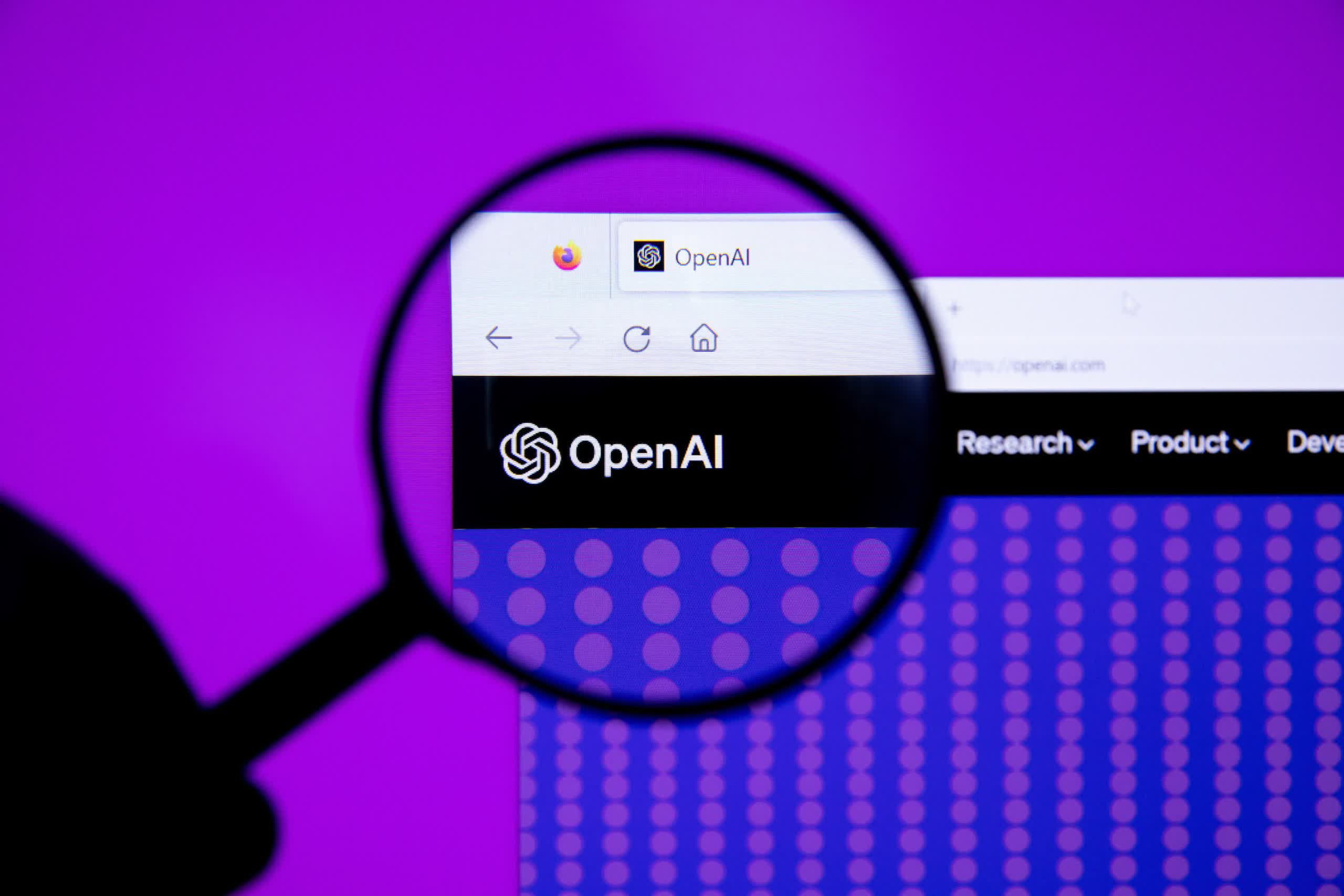What just happened? OpenAI has responded to the Elon Musk lawsuit by publishing old emails it received from the billionaire. The messages show he supported the company's plan to create a for-profit arm and encouraged it to raise at least $1 billion in funding, two of the reasons why Musk is now suing the artificial intelligence firm.
Musk sued OpenAI last week over claims it had breached its original contractual agreements by putting profit ahead of developing AI that benefits humanity.
The suit highlights the investment by Microsoft, which has poured around $13 billion into OpenAI. "OpenAI, Inc has been transformed into a closed-source de facto subsidiary of the largest technology company in the world: Microsoft," Musk's lawsuit claims.
OpenAI has now responded to the suit with a public post authored by founding members, including CEO Sam Altman and Greg Brockman. It states that OpenAI's mission is to ensure AGI (artificial general intelligence) benefits all of humanity, and that the company intends to move to dismiss all of Musk's claims.
Change your name
– Elon Musk (@elonmusk) March 6, 2024
According to the post, Brockman and Altman initially planned to raise $100 million when they started OpenAI in 2015, but Musk said in an email that they needed to go with a much bigger number to avoid "sounding hopeless." Musk allegedly wrote in an email, "I think we should say that we are starting with a $1B funding commitment […] I will cover whatever anyone else doesn't provide."
According to the post, the non-profit raised less than $45 million from Musk and more than $90 million from other donors.
OpenAI says it was in early 2017 when the company realized just how much computational power would be required to build an AGI, and that meant a lot more capital – billions of dollars per year, more than anyone, including Musk, thought they'd be able to raise as a non-profit.
The post goes on to say that the team and Musk decided the next step was to create a for-profit entity, of which Musk wanted majority equity, initial board control, and to be CEO. Amid the discussions, he withheld funding.
With OpenAI refusing to give one individual absolute control over the company, Musk suggested merging with Tesla. "Tesla is the only path that could even hope to hold a candle to Google. Even then, the probability of being a counterweight to Google is small. It just isn't zero," Musk's email read. He also told the founders to use Tesla as a "cash cow."
Musk soon left OpenAI, saying he planned to build an AGI competitor within Tesla. In a 2018 email, he wrote that without a dramatic change in execution and resources, the probability of OpenAI being relevant to DeepMind/Google was 0%, not 1%.
The emails make for interesting reading in light of Musk's lawsuit against OpenAI. Assuming they are real, it will likely add fuel to the theory that Musk's suit is simply a case of sour grapes.
